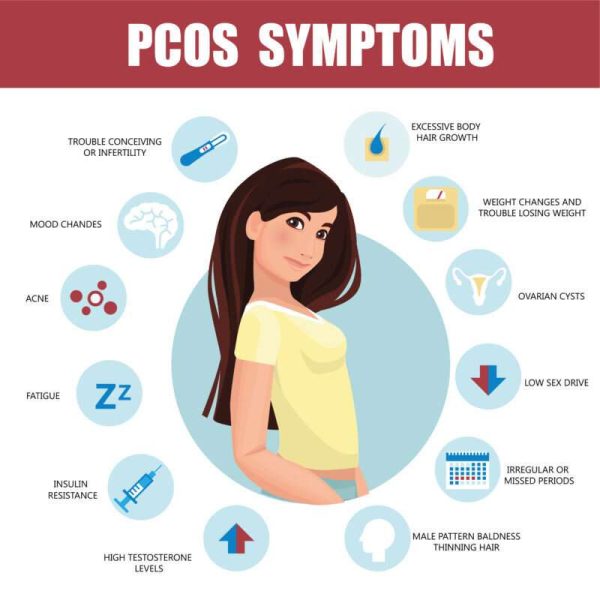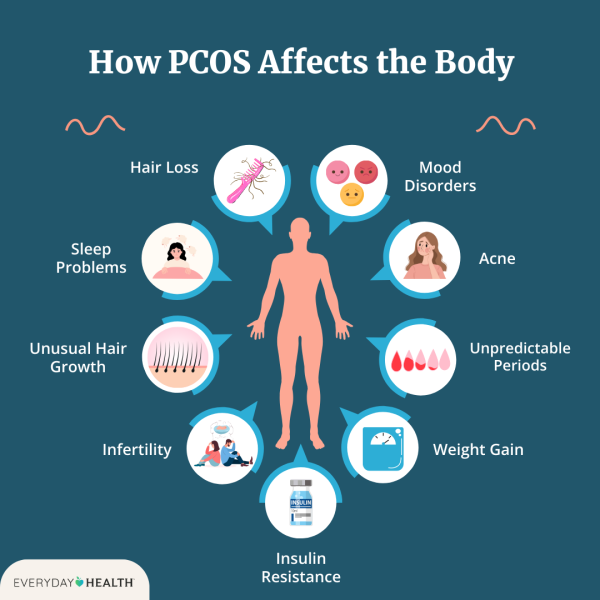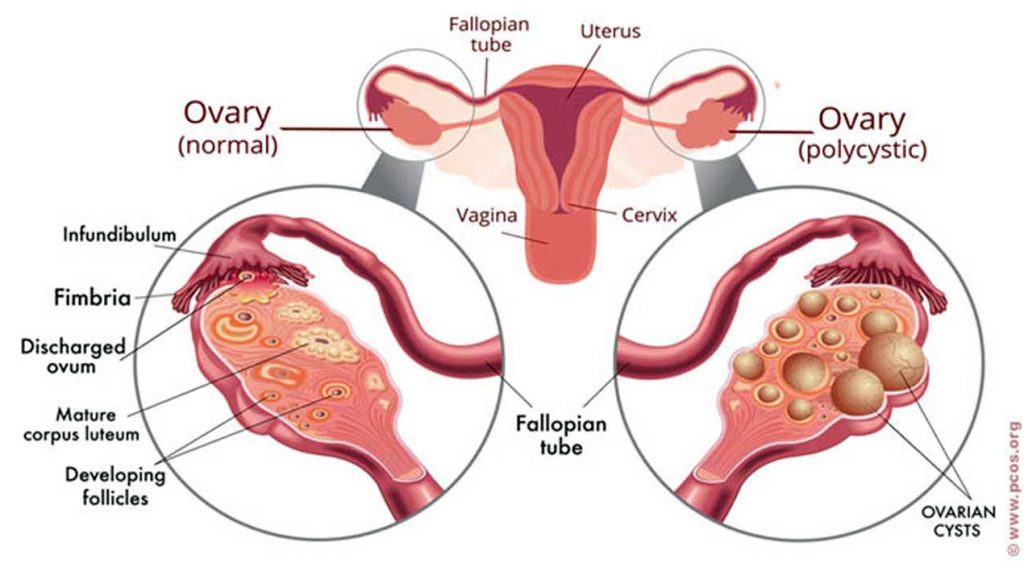Women and girls face threats on many fronts – from violence around every corner to legal restrictions to social stigmas that limit their roles in society. But what if I told you that one of the biggest threats comes from their bodies? While periods and pregnancies are well-known challenges, Polycystic Ovarian Syndrome (PCOS) and Endometriosis are the silent destroyers of our physical and mental well-being.

Earlier this year, I was diagnosed with PCOS. After two years of experiencing debilitating pain every month, I knew something wasn’t “normal.” While most women experience five days of discomfort, I sometimes had symptoms for nearly three weeks. Sometimes I would get two periods in a month. My pediatrician told me to give it time to settle and that irregularity is common for young girls. Even my mother thought I was exaggerating because I didn’t yet “understand”. I started to doubt myself. Maybe this was just what it was supposed to be: unpredictable, painful, and exhausting. But as my symptoms worsened, I knew this was more than just a phase my body needed to adjust to. When I was diagnosed, I felt relieved. I finally had an explanation for my pain. Then I felt anger. Why had I not been taken seriously for so long?

And I’m not the only one. While PCOS affects one in five women in India, nearly 70% of cases go undiagnosed. A 2021 study found that 45% of Indian women diagnosed with PCOS had never even heard of the condition before their diagnosis, and 85% had to consult multiple doctors before getting a clear answer. Diagnosis rates vary drastically across regions and social classes, but the numbers raise the alarm. Only 6.5% of women in Hyderabad are diagnosed, despite national studies estimating a 19.6% prevalence. Maybe this is a medical failure or it reflects that society will refuse to listen to women about their own bodies.
Women’s health has always been treated as an afterthought, and PCOS is just one example. Schools do not teach girls about reproductive disorders. Sex education (when it exists at all) only covers pregnancy prevention, ignoring the millions of girls struggling with undiagnosed conditions. Doctors, even those in gynecology, often focus only on weight loss as a solution, ignoring the broader hormonal and metabolic impacts of PCOS. Forget the sheer ignorance of society, global policies have actively worsened this situation. Under the Trump administration, $9 billion in global health assistance was cut. This shut down vital clinics that provided contraception and gynecological care. India’s NGOs alone lost ₹70 crore ($10 million) in funding for reproductive health programs, leaving even fewer resources for rural women. When even the world’s most powerful governments decide that women’s health is not a priority, we continue to perpetuate a cycle of silent suffering for millions of women.
Society has let women and girls for too long. Sex education must include and encourage open conversation about reproductive disorders. We should not have to learn about PCOS or Endometriosis from late-night Google searches when we’re desperate for answers. Dismissing pain as stress or exaggeration is not acceptable. Governments must fund research and healthcare access for reproductive disorders. And most importantly, we need to be told to stop “sucking it up.” To girls reading this – if something feels wrong, don’t wait until it gets unbearable. Trust yourself, and check it out early. Not everything is normal and you deserve to know the difference.








